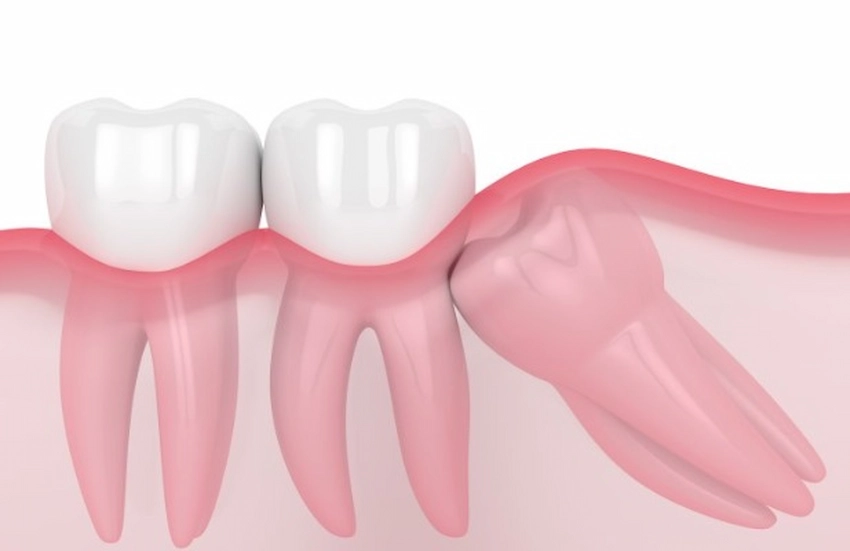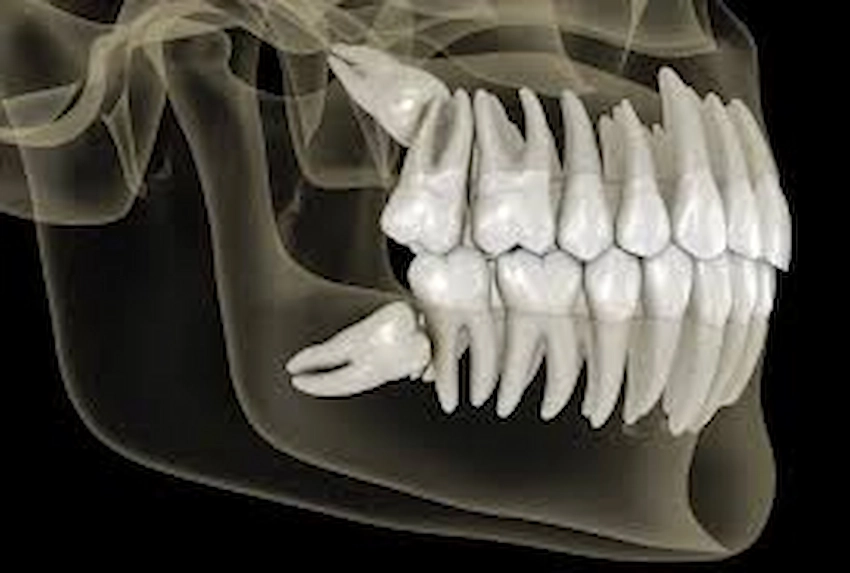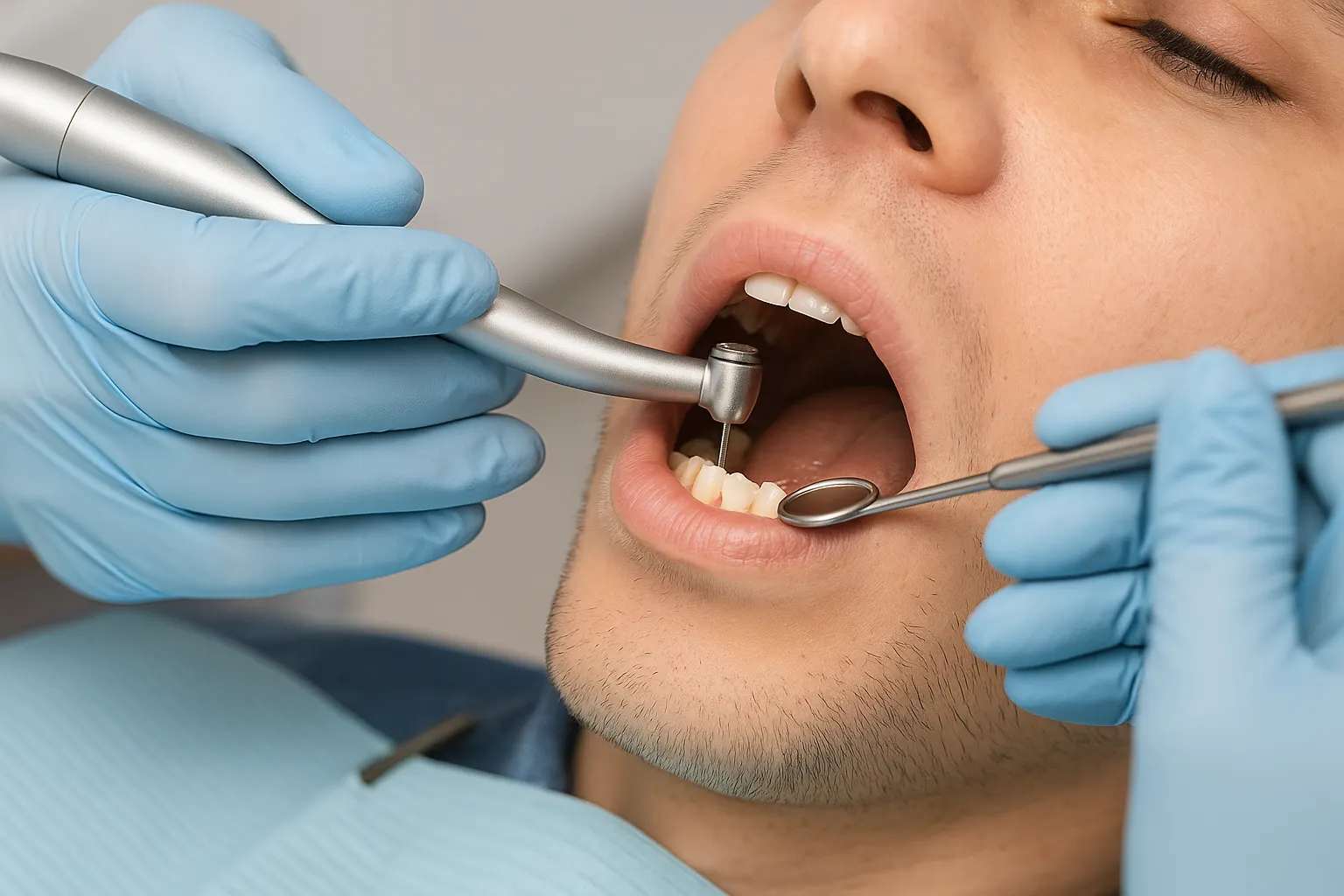🦷Common Wisdom Teeth Symptoms

Common wisdom teeth symptoms include pain, swelling, jaw stiffness, and difficulty opening your mouth. Seek dental advice if you experience these issues. Wisdom teeth, often the last to emerge, can bring a host of unexpected symptoms. From throbbing pain and swelling to difficulty in chewing, these molars can disrupt daily life. Understanding the common signs associated with wisdom teeth issues is crucial for timely intervention. Are you familiar with the telltale symptoms?
What are Wisdom Teeth?
Wisdom teeth, also known as third molars, are the very last molars that grow and are usually found at the back sides of every person’s mouth. These are considered the final molars to erupt in a person’s mouth and are basically between the ages of 17 and 25 with variations depending on the person in question. The wisdom teeth size, shape, number of roots and their positioning will differ from one individual to another.
In many individuals, due to these teeth being the last ones to come in, these molars do not have enough room to grow trouble free or they might grow in a bad position leading to different types of dental problems in a respective person. Comprehending the characteristic traits of wisdom teeth as well as possible dangers will assist you in boosting your oral health care.
Signs of Impacted Wisdom Teeth
When wisdom teeth become impacted, they do not emerge fully through the gums and can cause a range of uncomfortable symptoms. Here are crucial indicators that you may be suffering from impacted wisdom teeth: If you are experiencing extreme discomfort, then it is probably an aching wisdom tooth or a serious case of decayed teeth. The soreness may be measured in terms of dull to sharp pain that is persistent and hard.
The swelling may be felt in the area close to the nerves surrounding your rear teeth where the problem is originating, and this may cause soreness in the affected area. The soreness may not subside within a short time, but it may be affecting other tissues and causing general discomfort. In case your mouth feels stiff with aching joints and muscles during yawning or when trying to eat hard substances, this may be an indication of the wisdom teeth being embedded. This pain may make it difficult for your mouth to function normally making it hard to eat anything with difficulty.
This often arises because of the wisdom teeth from which undesirable bacteria are active thus causing fowl breath as well as a very weird addition for the mouth. The sickly gut that arises from the condition may be annoying while the discovery of pus is only a cyclical occurrence.
In case you notice that the issues listed above seem to arise from your wisdom teeth, you can deal with the teeth directly by visiting a dentist or dental clinic. Thus, to know the extent of the reported issues, physiologists will be able to learn more about them through x-rays along with other diagnostic examinations. Also, they will be able to come up with a plan for the treatment. It is indeed sad if you are presently suffering from these bad effects of holding up on dealing with impacted wisdom teeth in your mouth. Hence, make sure that you take action immediately and assist yourself in your aim of maintaining oral hygiene.
If you have a headache or pain that appears to radiate or come from the ear, then you might want to investigate what might be going on, and this is a crucial sign that should not be overlooked at any cost to buy time and not visit the ear doctor. If you have an infection in your gums, this might be indicated by a fever or drainage of fluids from the gums, and this means that bacteria have invaded your gums since they are inflamed and are prone to infections, which can cause a lot of pain and discomfort if not treated.
Common Symptoms of Wisdom Tooth Pain

Most of the time, the process of getting wisdom teeth out can be not only excruciatingly painful, but also uncomfortable and sore for many people. For this reason, if you are acutely aware of the early telltale signs, you can find the right dental care and procedures right as you start feeling the irritation, and your dentist can assist you to have a great deal of relief. You can be sorted out by the following widely acknowledged signs and symptoms that you need to look out for from your wisdom teeth, but not have them as a constant source of worry. Some of the common indications that you might be experiencing are:
Throbbing Pain
A dull or throbbing sensation on your molars usually indicates the growth of wisdom teeth. Therefore such pain could result in inconvenience especially when carrying out normal jaw operations like eating. In case this process goes through and no measures are taken, then the situation may get out of hand and turn to be unbearable; thus it is advisable to follow up with your dental practitioner in due time.
Jaw Discomfort
The wisdom teeth may also cause issues in some cases where they grow in the mouth of an individual. You may have characteristics of twinging or stiffness accompanying the aching jaw during the emergence of these teeth. Such symptoms represent various dental issues related to wisdom teeth highly pressing on surrounding structures or misaligned. If the feeling persists, it is advisable to consult a dentist for further opinions and suitable treatment.
Swelling
Another common sign of wisdom teeth discomfort is swelling which may have numerous sources such as the gum tissues or the tooth itself. This gum tissue is an indication of inflamed or infected tissues resulting from erupting wisdom teeth. The swelling may also be put to a halt due to other tooth-related factors which should of course be attended to by a qualified dentist consultant. Adequate oral hygiene practices as recommended should be applied to create proper dental health for the wisdom teeth.
Radiating Pain
In some situations, this wisdom tooth discomfort may radiate to other areas such as the ear, throat, or neck. As the nerves surrounding the teeth get under pressure, the possibility of pain being experienced in those areas also increases. Such kind of pain might mislead you into thinking it arises from your ear or sinus and resulting in neglecting the tooth issues. However, care should be taken on the overall pain present in the wisdom teeth and if there is any such tendency; be keen to convey this to your dentist upon seeking help.
Symptoms of Infected Wisdom Teeth
The outward features of an infected tooth may be consistent with other comparable clinical conditions, but the degree of intensity varies in the latter. The early detection of these symptoms and the prompt request for professional help are very important because the infection will only worsen in case of its negligence. The following are some of the most common symptoms associated with a wisdom tooth infection.
If you experience tooth infection, one of the issues you will face is the pain which might be unbearable, and it may be felt as an acute pain. The extreme pain will be concentrated mainly around the area of the impacted wisdom tooth. The medication you can get at the pharmacy cannot even start to relieve your pain, not to talk of offering a cure. You need to rush to see your physician.
Usually this type of deep pain can’t be visible only from the surface but the pain from the tooth connections with sensory nerves far in depth can excite it. Pains such as the tooth throbbing are very strong and it’s wrong to neglect them. The dentist should always be the best place to go and appeal to for safe measures if the pain symptoms persist regularly. The infection of the tooth can cause swelling in the gums that grow around the infected tooth. The swollen gums become red and make a diagnosis of an active infection.
The spread of the swelling is so severe that your mouth is not opened completely. The situation may also become severe when pus formation may be evident. This infection can cause facial asymmetry and the distress of such situations prompts the necessity of treatment. The affected part may also have an effect on the whole body that results in a feeling of malaise that is not easily manageable. You should get back to the dentist as soon as possible.
What are Swollen Gums and Wisdom Teeth?

Wisdom teeth that are coming in and swollen gums. The pain and discomfort in the person’s gums during the wisdom teeth growth process are a frequent problem. These third molars appear in individuals above a certain age group and though they are believed to be beneficial to the jaw, they bring with a lot of difficulties like swelling, bleeding in the gums, and soreness. The inflammation is situated at the area where the wisdom teeth are making a breakthrough and whenever an infection is not dealt with immediately, it may spread and affect the other gums nearby.
Therefore, recognizing the early signs of wisdom tooth eruption and being able to improve the discomfort if the gums are swollen or sore is of great significance. Keeping proper oral hygiene like regular tooth brushing and flossing these areas as well as the use of medicinal mouth rinses having strong antiseptic effects, is one very important factor that can help in preventing teeth from becoming so swollen that they will push the gum side up. Furthermore, rinsing your mouth with warm saltwater can help reduce swelling and is a really easy and cost-effective way of soothing your gums.
Frequently Asked Questions About Wisdom Teeth
Wisdom teeth, also known as third molars, are the last set of molars that emerge in the back of the mouth, typically between the ages of 17 and 25. These teeth may not always have enough space to emerge properly, which can lead to discomfort and potential dental problems.
Common symptoms of impacted wisdom teeth include pain, swelling around the affected area, difficulty opening the mouth, and soreness in the jaw. If left untreated, these symptoms can worsen, leading to infection or more severe complications.
Signs that your wisdom teeth may be causing issues include persistent jaw pain, swollen or red gums, bad breath, and difficulty chewing. Radiating pain in the ear or neck may also indicate a problem with wisdom teeth.
Wisdom teeth become impacted when there is not enough space in the mouth for them to emerge properly. This can result from overcrowding, misalignment, or the teeth coming in at an angle, leading to discomfort or potential infection.
Impacted wisdom teeth are typically treated through extraction, especially if they cause pain, infection, or other complications. A dentist or oral surgeon will evaluate the situation and recommend the best treatment approach based on the severity of the impact.
While the extraction of wisdom teeth may cause discomfort, the procedure is generally performed under local anesthesia or sedation to minimize pain. After the procedure, you may experience swelling and soreness, which can be managed with prescribed pain relievers.
Recovery from wisdom teeth extraction typically takes a few days to a week, depending on the complexity of the procedure and how many teeth were removed. Following your dentist’s aftercare instructions is essential for proper healing.
If impacted wisdom teeth are left untreated, they can cause infections, abscesses, damage to neighboring teeth, and misalignment. Over time, the pressure from impacted teeth can lead to further dental issues and complications.
To prevent wisdom teeth issues, maintain good oral hygiene, and visit your dentist regularly for check-ups. If you’re experiencing pain or suspect that your wisdom teeth are coming in, consult a dentist for early intervention.
Not everyone needs to have their wisdom teeth removed. If the teeth emerge properly and do not cause discomfort or other dental problems, they may be left in place. However, your dentist will assess your situation to determine whether removal is necessary.




